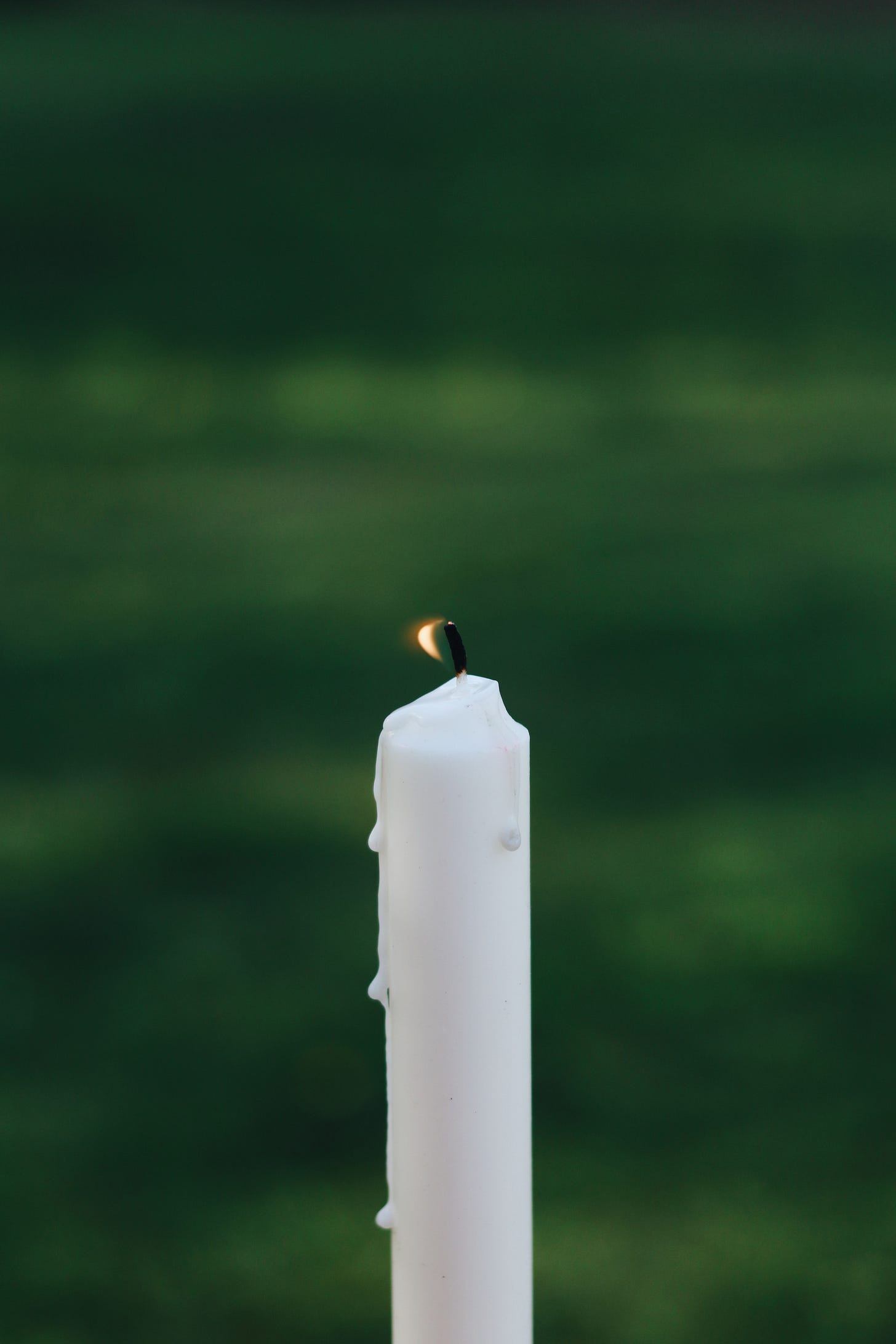Hey guys!
It’s taken me a 3-night backpacking trip over a mountainous national park, a bus ride in a remote area, a boat ride across a massive lake, and a multi-day car trip, but I’ve made it! I’ve returned from my furlough, and am as ready as ever to post, and am starting now!
Unfortunately, my news today is not quite so cheerful. It’s not a catastrophe-style post, but instead an obituary.
On August 30, Mikhail Gorbachev, a key player in the reform of the Soviet Union and the end of the Cold War, passed away.
Gorbachev had spent most of his life in relative obscurity, until his progression through the ranks of the Soviet communist party culminated in his ascension to the presidency in 1990. He was perhaps the most forward-thinking leader the USSR ever had; he rightfully noted that the Soviet Union’s brand and application of communism had become rusty and outdated, and was contributing to the nation’s slow decline. The decades long conflict with the US that never resulted in a direct confrontation between the two superpowers - a “cold” war - had taken its toll on the world’s strongest communist state, draining its finances and its public support. Gorbachev decided he needed to give the place a jump start. His solution? Perestroika and glasnost. Perestroika (which literally means “restructuring”) attempted to loosen the USSR’s vice grip on all businesses, introducing a form of very limited capitalism. Glasnost (“openness”) that loosened the shackles of the press, increasing… well… openness. Catchy name. For the first time, the Soviet people could fully understand the failings of their country.
Gorbachev gave his people their first taste of freedom. But there’s a problem with a freedom: when you get a taste, you’ll want more.
Which is exactly what happened.
With the cracks in the USSR now there for all to see, the country couldn’t hold itself together. It would be dissolved in 1991, and with it a century of communism and control. It was now time for the countries of Eastern Europe, once puppets of the Soviets, to break free of their bonds and create successful democratic nations. Even Russia tried to follow suit, though we see now with the Ukraine crisis how badly that failed.
For quite some time, the Russian people held a deep loathing for Gorbachev. They believed that he was the cause of Russia’s “fall from grace.” The rest of the world disagreed. He received the Nobel Peace Prize not for perceived failures. The Nobel committee’s official statement is quoted below:
The Norwegian Nobel Committee has decided to award the 1990 Nobel Peace Prize to Mikhail Sergeyevich Gorbachev, president of the Soviet Union, for his leading role in the peace process which today characterizes important parts of the international community.
During the last few years, dramatic changes have taken place in the relationship between East and West. Confrontation has been replaced by negotiations. Old European nation states have regained their freedom. The arms race is slowing down and we see a definite and active process in the direction of arms control and disarmament. Several regional conflicts have been solved or have at least come closer to a solution. The UN is beginning to play the role which was originally planned for it in an international community governed by law.
These historic changes spring from several factors, but in 1990 the Nobel Committee wants to honor Mikhail Gorbachev for his many and decisive contributions. The greater openness he has brought about in Soviet society has also helped promote international trust.
In the opinion of the Committee, this peace process, which Gorbachev has contributed so significantly to, opens up new possibilities for the world community to solve its pressing problems across ideological, religious, historical and cultural dividing lines.
Following his short-lived presidency of the world’s former most powerful communist nation, Gorbachev continued to be a peace advocate for the rest of his life. In the first volume of his autobiography, former US president remembers Gorbachev fondly, recounting a 15-minute hurried conversation in which Gorbachev expressed his hope for a nuke-free future.
Now, with his passing, the Russian people have begun to associate him not with his failure to maintain the Soviet Union, but with the cause of freedom. Freedom is something that was championed by Gorbachev more than any other leader of the USSR, and freedom is something that is now in short supply. As one Russian student put it to the New York Times,
“Mikhail Sergeyevich Gorbachev gave us 30 years of sunlight… Unfortunately, this time has passed, and there is no more sun, only darkness, But I am deeply grateful to him for these 30 years.”
The funeral has become a reminder for many of the freedoms they’ve lost thanks to Vladimir Putin, and Russia’s recent backslide into authoritarianism. Many have gone so far to describe his death as the “death of democracy.” Clearly this view is shared by many, as the crowds were so large at the farewell ceremony that the guards urged people to rush their goodbyes.
My goodbye has clearly became quite long as well.
But I feel it is justified. Mikhail Gorbachev was the man who introduced democracy to millions of people. He ended a decades long war, and a nation infamous for repression and dictatorship. He freed numerous countries from the Soviets’ all-consuming control.
Farewell, Gorbachev.





